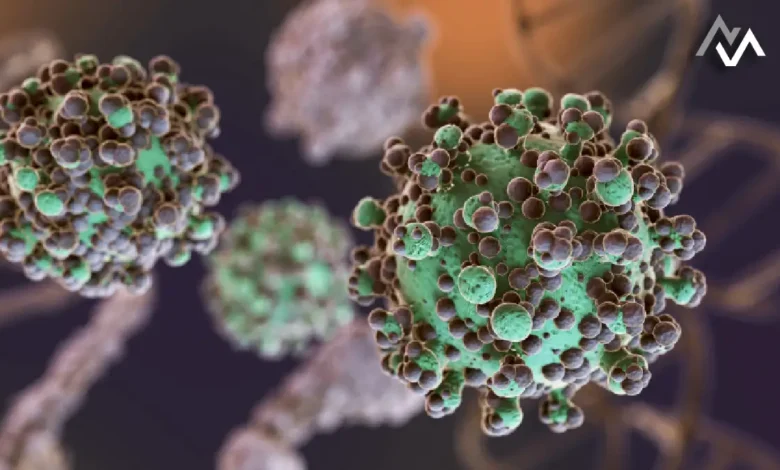Unlocking the Role of Ketone Bodies in Cellular Health and Autophagy

Recent research sheds light on how ketone bodies—naturally occurring molecules produced during states of fasting, carbohydrate restriction, or ketogenic diets—play a critical role in regulating autophagy, a cellular cleanup process that removes damaged components and proteins. This discovery adds to the growing evidence of ketone bodies’ profound impact on brain health, metabolic regulation, and disease prevention.
What Are Ketone Bodies and Autophagy?
Ketone bodies, including beta-hydroxybutyrate (BHB), are produced by the liver during energy deficits when glucose availability is low. They serve as an alternative fuel source for the brain and muscles. Meanwhile, autophagy is a vital cellular process that recycles damaged organelles, proteins, and other components, maintaining cellular integrity and promoting longevity.
The intersection of these processes reveals a fascinating mechanism: ketone bodies act as natural inducers of autophagy, enhancing the body’s ability to clear out toxic accumulations that contribute to aging and neurodegenerative diseases like Alzheimer’s and Parkinson’s.
Key Findings on Ketone Bodies and Cellular Health
- Induction of Autophagy
Research highlights that ketone bodies can stimulate autophagy by influencing cellular energy sensors such as AMP-activated protein kinase (AMPK) and inhibiting mTOR, a pathway that typically suppresses autophagy. This metabolic shift ensures that cells can adapt to stress, repair damage, and maintain homeostasis. - Neuroprotective Benefits
Ketone-induced autophagy has been associated with clearing harmful protein aggregates in the brain, reducing oxidative stress, and supporting mitochondrial health. These effects are critical in conditions like Alzheimer’s disease, where protein misfolding and cellular dysfunction are prevalent. - Anti-Inflammatory Properties
Ketones exhibit anti-inflammatory effects by modulating immune responses and reducing the activity of pro-inflammatory pathways. This property further supports their role in mitigating conditions like epilepsy, brain injuries, and systemic inflammation. - Potential in Cancer Therapy
Emerging studies explore the use of ketones in cancer treatment, particularly glioblastoma. Combining a ketogenic diet with treatments targeting glutamine metabolism has shown promising results in slowing tumor growth and enhancing patient outcomes.
Applications in Health and Disease Management
- Ketogenic Diets: By naturally elevating ketone levels, ketogenic diets are gaining attention for managing metabolic conditions, neurological disorders, and even enhancing athletic performance.
- Fasting Protocols: Intermittent fasting and caloric restriction stimulate autophagy, mimicking the effects of ketone bodies without dietary restrictions.
- Therapeutic Innovation: The integration of ketone supplementation or ketogenic strategies is under investigation for addressing neurodegeneration, metabolic syndromes, and cancer.
Challenges and Future Directions
Despite the promising data, the optimal application of ketone therapy requires further study. The long-term effects of sustained ketosis and its interactions with various physiological processes remain areas of active research. Additionally, understanding individual responses to ketogenic interventions will be critical for personalized medicine approaches.
Final Thoughts
The ability of ketone bodies to influence autophagy offers a powerful tool for enhancing cellular resilience and combating age-related diseases. By unlocking the potential of this natural metabolic state, researchers pave the way for innovative therapies that harmonize diet, metabolism, and cellular health.




